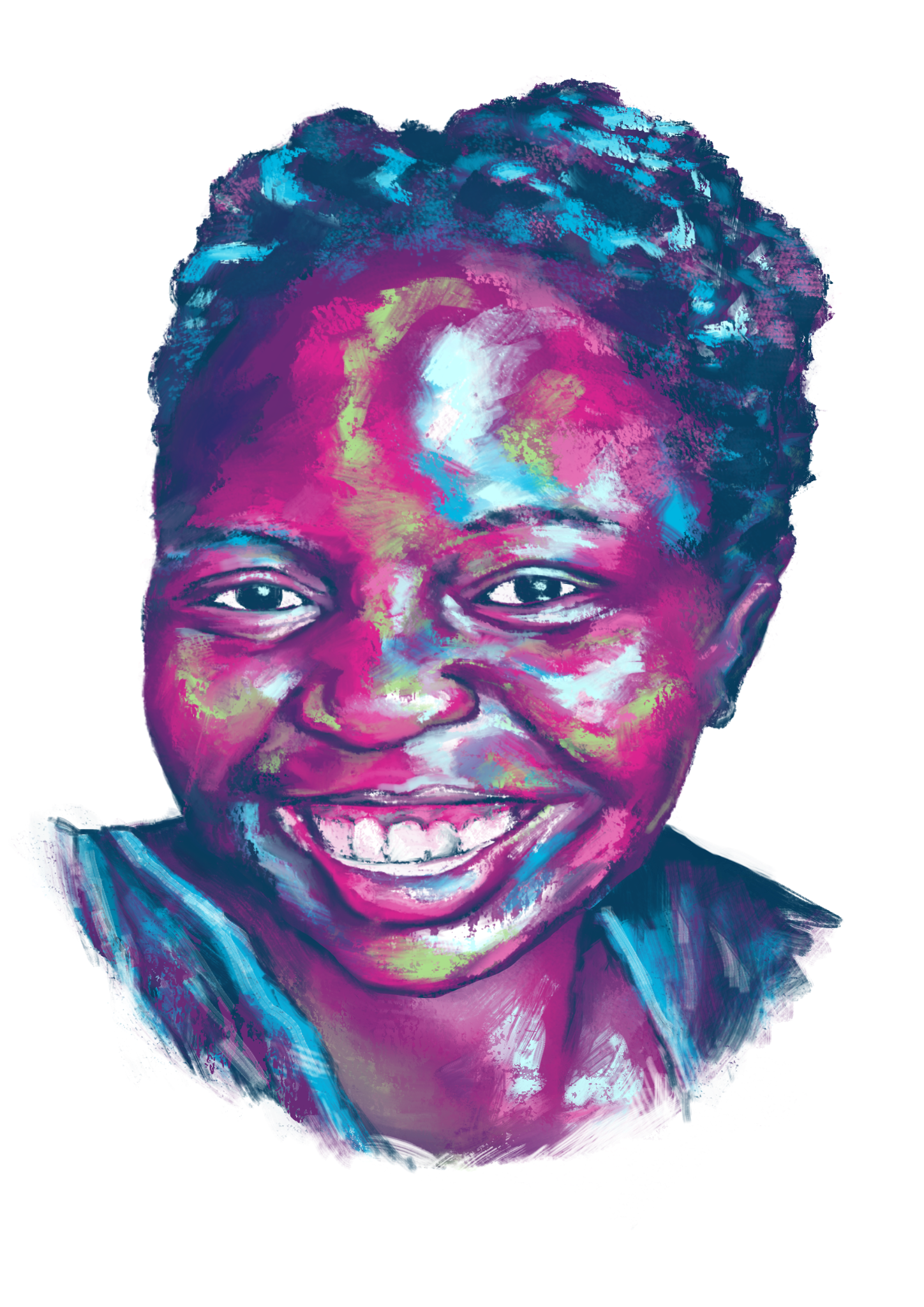For over twenty years Tshepiso Gloria coped with a bleeding disorder before eventually being diagnosed. She went from doctor to doctor, hospital to hospital and medication to medication. None of which seemed to help her condition or pro-vide answers to what was happening in her body. In her ‘quest’, she even travelled to another country, South Africa, to eventually be told, at the age of 23, that she had Von Willebrand’s Disease.
Tshepiso Gloria travelled to South Africa because, in Zimbabwe where she lived, there was only one hospital with one doctor, who knew nothing about her condition, a frequent problem with rare diseases.
Von Willebrand’s Disease is an inherited bleeding disorder in which the blood is unable to clot properly or takes a long time to clot. It affects about one in ten thousand people, or fewer depending on which of the three subtypes of disease one has. Even now, at the age of 26, Tshepiso Gloria is unsure what sub-type of the disease she has, and only by knowing this will she be able to access the right treatment. Because of her long search for a diagnosis and the number of different medical facilities she has attended, her medical notes and records are fragmented, making further diagnosis difficult and her future, and that of her family’s, uncertain.
“All my life I have struggled with bleeding issues,” says Tshepiso Gloria. “As a child, I used to get nosebleeds about 3–4 nights every week and because I loved playing soccer outside, I would get blamed for playing for too long in the sun. Even during cold winter days, I would get nosebleeds and my parents used to get very worried about me.”
Bleeding problems continued throughout her adolescence and into adulthood when she would get very extra-heavy menstrual periods that went on for weeks at a time.
“I will never forget the 2010 World Football Cup in South Africa, where I was in one long 37-day stretch of menstruation,” she says. As she got older, she realised she would need to stop taking part in contact sports, or anything that may cause her to bruise or bleed. As a result, she had to put aside any notion of sports like bungee jumping which she had hoped to try. And it was during these times she turned to arts, theatre, and music, and learned to play marimba percussion.
These days she tries to control her condition through transfusions and birth control pills. However, even now, neither she nor the doctors, are certain whether the treatment she is receiving is helping her. She has been offered various types of medication which may or may not help. But many of these are outside her budget.
A year ago, Tshepiso Gloria had a baby boy and, since then, she has once again been struggling with her bleeding. The ongoing high costs of medication, and transfusions, on top of the costs of bringing up a child, have meant the treatment for Tshepiso Gloria’s condition has taken a back seat. Trying to juggle between her job, her baby and her condition has been difficult, particularly during the pandemic.
She is grateful for her amazing family and the network of friends and neighbours she’s been able to rely on, as well as the support of Child And Youth Care Zimbabwe, an organisation championing the interest of people living with rare medical conditions.
Regardless of her struggles Tshepiso Gloria never loses hope and believes she is stronger than her genetic disorder. “There’s one little thing that brings me comfort and joy: my son, Mamdlenkosi, meaning God’s divine power,” she says. “I believe he’s a gift sent to aid me in my struggles. He is my personal little cute, amazing human being; my deepest miracle manifested. I am super grateful, and I continue to believe all will be well for me and my little bundle of joy.”
